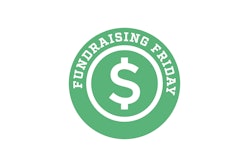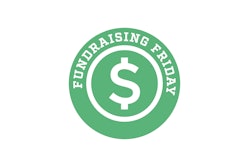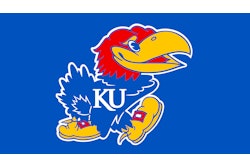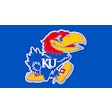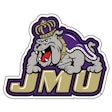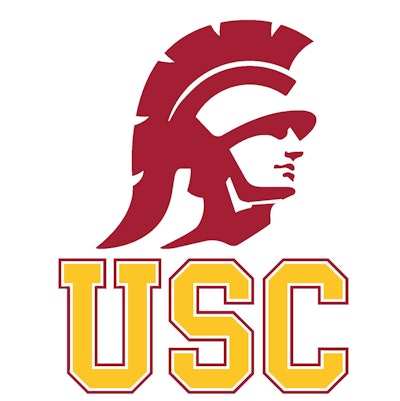
Less than two months after the University of Southern California partnered with a media company to help with name, image and likeness deals while keeping boosters at bay, a group of disenchanted donors has formed a collective against the school's wishes.
The Los Angeles Times has learned that a group of deep-pocketed boosters and die-hard fans will soon launch “Student Body Right,” a third-party collective they say is essential for USC to properly compete with other top schools that feature collectives. They’re hardly alone among Trojans football fans, especially those frustrated by BLVD, the outside media firm hired by the university to assist with NIL.
The effort to start a collective outside of the university’s reach is being viewed by USC officials as an existential threat that could invite serious scrutiny if the NCAA opts to enforce its NIL policies.
Former USC donor Dale Rech, a Florida-based businessman and lifelong USC fan, is leading the effort on Student Body Right to offer an NIL alternative to BLVD “for those who want to contribute to the football program without any connection to USC at all,” he says.
The group includes Brian Kennedy, who was once one of USC’s top athletic donors and whose name still graces the Trojans’ practice field. Kennedy’s relationship with USC soured nearly a decade ago.
According to the Times, details regarding how payments will be distributed to players have yet to be finalized, but Rech said the collective’s intent is to provide “the equivalent of a base salary” for every member of USC’s football team who is academically eligible. To receive those payments, players would perform community service and take part in charitable work with local organizations.
How that charitable work will be valued or how payments would be divided among players is still up in the air. Student Body Right has filed for 501(c)(3) status as a charitable organization, which would make certain donations to the group tax-deductible. BLVD is not a 501(c)(3) charitable organization.
Student Body Right is not the first outside NIL outfit to apply for such status, according to the Times. Several collectives, including those at Texas, Texas Tech, Notre Dame and Arizona, have either sought or already received the same 501(c)(3) status, even as some experts warn it could invite an audit should either the IRS or state governments decide to take a closer look to whether the collectives exist for charitable purposes.
In response to questions from The Times, USC athletic director Mike Bohn issued a statement, representing the university’s position but refusing to acknowledge the existence of Student Body Right.
“Earlier this year, USC worked with Stay Doubted to create BLVD LLC, an agency and media company that provides NIL services to all USC student athletes,” Bohn said. “USC is not aware of a formal donor-created NIL collective. We ask any donors who would like to support USC’s athletes through NIL to please work with BLVD so that all activities are conducted in compliance with state laws and NCAA rules.”
Rech said that his group has consulted with multiple outside attorneys and tax experts while setting up the collective to ensure they’re in compliance with all applicable NCAA rules. New guidelines outlined by the NCAA in May explicitly prohibit boosters — as well as the collectives they may represent — from being involved in the recruiting process or offering NIL deals as an inducement to sign with a school.
Rech says Student Body Right has no intention of being involved with recruiting or anything involving prospective Trojans athletes. He insists that he wants to ensure that the living expenses of every football player at USC are taken care of. NIL payments would only be made to enrolled athletes who completed the required charitable work.
“This is a standalone collective, with no affiliation or ties to the university,” Rech told the Times. “The NCAA cannot go back at the university as long as we’re in compliance and stay within what the guidelines of the NCAA and state require. There’s no blowback from us on the university. They just want control.”
When asked by the Timesif the two organizations could co-exist, Bohn said, “We feel really good about the way we’re aligned, associated with BLVD, and we’re looking forward to a successful agency that’s going to be compliant with NCAA rules."
Mike Jones, CEO of Stay Doubted, the outside media agency that partnered with the university to create BLVD, told the Times he doesn’t see the need for an outside collective and the potential liability that comes with it. He said USC is “looking at eight-figures-plus annually” in private donations, before considering potential corporate sponsorships, content sales or merchandise. He also said that USC has already issued “seven-figures-plus” in deals to Trojans athletes since BLVD was rolled out.
A BLVD Zoom presentation viewed by the Times, shows that the firm set a fundraising goal of $75 million during the next five years, amounting to $15 million per year.
The presentation raised concerns from some donors about where their money would be allocated. As explained during the meeting, only 50 percent of any given donation would be allocated where the donor chose, while the other 50 percent would be set aside in BLVD’s general fund to be allocated however BLVD saw fit.
That policy is in the process of being changed in light of donor pushback, the Times reported. But concerns about BLVD’s viability in the NIL marketplace persist among top-level donors and USC fans, many of who have been calling for a third-party collective to emerge for months.
“We’re not taking away from BLVD,” Rech said. “We’re filling a gap of money that they weren’t going to get anyway.
“We welcome anyone that can get USC back to winning national championships."



















